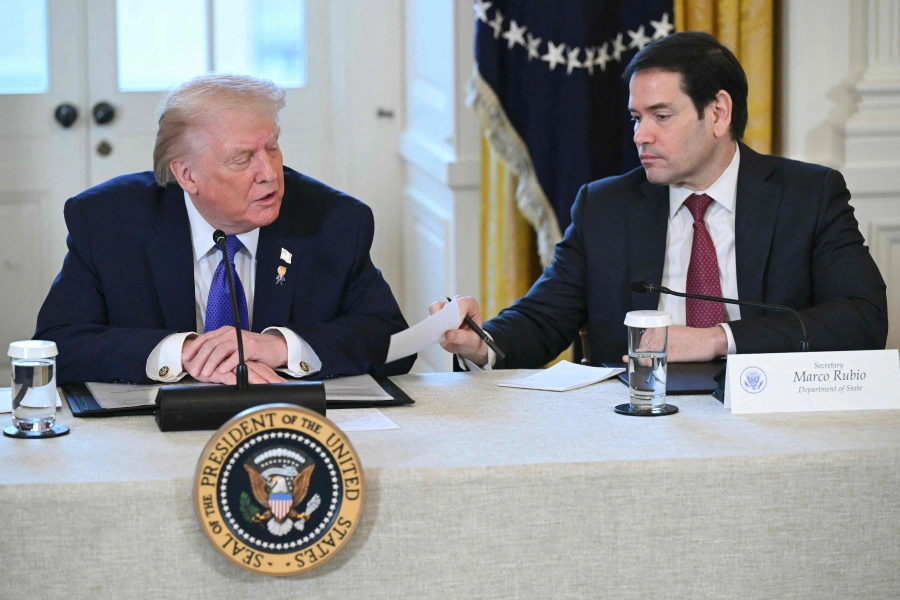KATHMANDU, Sept 11: The government implemented the 15th five-year plan in the fiscal year (FY) 2019/20. The goal of the 15th plan is to curb corruption and establish good governance in the country. The main goal of the plan is to build a virtuous society by strengthening the regulatory bodies. However, looking at the indices of the last three years on issues such as rule of law, corruption perceptions index, court verdicts, and judgment, it is evident that it will be a Herculean task for the government to achieve the target as per the plan. As Nepal’s good governance index is below 50 points, the mid-term review of the five-year plan concluded that it will be difficult to achieve the target.
Data analysis based on various sources including mid-term expenditure review, annual development program, economic and various surveys, study reports, action plans of the federal and state governments, strategic periodic plans, details received from the thematic, sector-specific agencies and ministries, study analysis of the national and international sectors, interactions made by the National Planning Commission and subordinate agencies, drew this conclusion.
In the budget of the FY 2022/23, it was said that the government would adopt a policy of zero tolerance towards corruption, and that investigation and prosecution would be strengthened to adopt effective measures to control corruption and irregularities. In the budget of the FY 2023/24, it is said that good governance will be guaranteed at all levels of the state and service delivery will be simplified.
Although the government chants popular slogans like corruption-free public administration, prosperity and good governance, the actual situation of good governance is deplorable. The essence of good governance is to make the governance system people-oriented, service-oriented, and responsive and increase public trust. Unfortunately, good governance is just limited to papers because the government is yet to become accountable to the people, hasn’t performed its duties in a transparent and effective manner, and has failed to establish the rule of law and control corruption.
Enhancing Development Planning in Nepal

Khem Raj Regmi, former chairman of Transparency International and former government secretary, says that if the goal of good governance is not achieved, economic growth will have a negative impact on the sustainable development of the country. “The old plan is repeated and even the ones that are in operation are prolonged. This increases the investment of the state. The goal of development and economic growth will be jeopardized,” Regmi said.
“People have lost faith in state institutions. The situation of the country could be worse," he said.
The Commission for the Investigation of Abuse of Authority (CIAA) was successful in 75 percent of the cases filed in the court in the FY 2018/19. The CIAA succeeded in only 71.88 percent of the cases filed in the court in the FY 2020/21.This percentage of success should reach 80 in the FY 2023/24 to achieve the target of the Five-Year Plan.
The World Bank measured Nepal's perception of good governance in 2019. According to that scale, the index of political stability in Nepal was minus 0.045, the effectiveness index of the government was 1.5, the quality of regulation was 0.7, the rule of law was 0.54, and the corruption control index was 0.67.
According to the measurements made by the World Bank in 2020, the political stability index in Nepal was -0.2, the government effectiveness index was -0.94, the regulation quality index was -0.7, the rule of law index was -0.49, and the corruption control index was -0.58. A country with a score of 2.5 on the governance scale is considered good.
The mid-term review of the five-year plan did not show any significant improvement in the governance index. It is mentioned in the mid-term review report of the National Planning Commission that there has been no improvement in the rule of law index of 0.54 during the review period.
According to the report, the government has not established forensic science laboratories in all the seven provinces. Similarly, the review report has pointed out that the judicial administration has not been managed using information technology. The mid-term review also concluded that although the government has created a mechanism to ensure justice for all, the culture of implementing the laws is yet to develop in the country.
According to the commission, although the corruption perceptions index has dropped from 34 to 33 during the review period, the target has not been achieved. The mid-term review concluded that due to the difficulties in achieving success in the corruption cases filed by the CIAA and the long time taken to process the complaints filed with the Commission, there has been little success in corruption control.
The five-year plan includes empowering and strengthening organizations such as the CIAA, the Office of the Auditor General, the Judicial Council, the Department of Money Laundering Investigation, the Department of Revenue Investigation, the National Vigilance Center, the National Investigation Department, the Public Procurement Monitoring Office, etc to make them capable and accountable. It also aims to make anti-money laundering activities more effective, implement anti-corruption measures in an impactful manner, and involve international organizations effectively in the fight against corruption.
The mid-term review conducted in January pointed out that multifaceted aspects of governance need to be improved to achieve prosperity. Only one year is left for the end of the five-year plan.
“It is not enough just saying that we will ensure good governance. The political leadership should be honest and committed to their work. There is a tendency of the government to keep chanting slogans of good governance for public welfare, but not doing any work,” said Regmi.












_20230919102357.jpg)


























